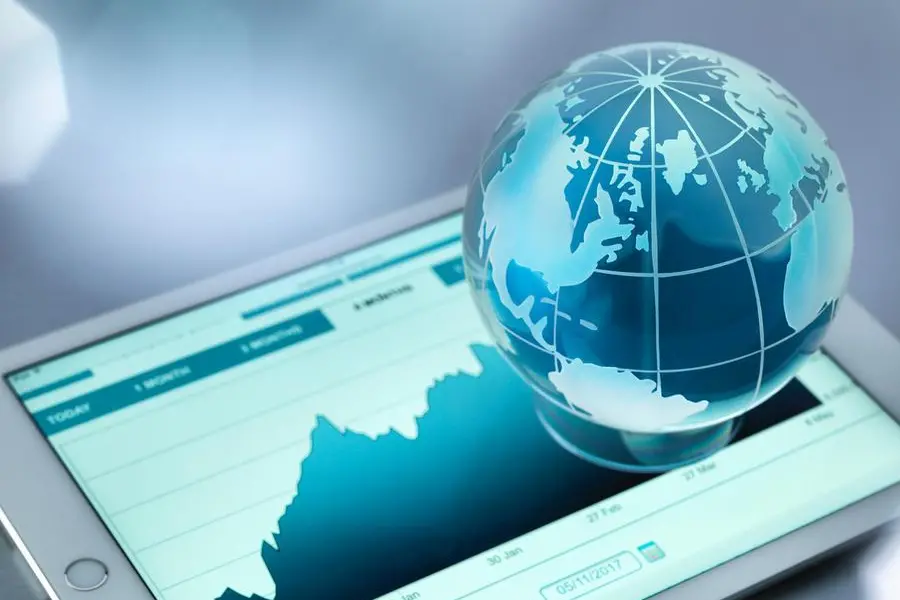PHOTO
The IFC, the global development institution, has started a new $225-million platform to boost venture capital markets and invest in early-stage companies in Africa, the Middle East, Central Asia and Pakistan to address development challenges in climate, health care, e-commerce, and other sectors.
The IFC, a World Bank affiliate, said that in 2021, these regions collectively received less than 2% of $643 billion of global venture capital funding. Access to capital has been exacerbated by a slowdown in global venture capital investment, the COVID-19 pandemic, the rise in food and supply chain costs, higher interest rates, and currency depreciation, it said.
"The growth potential, however, is enormous across these regions. In Africa, for example, the digital economy has the potential to contribute $712 billion to the continent’s gross domestic product (GDP) by 2050. In the Middle East and North Africa, technology could boost GDP by 40%, or $1.6 trillion, and create 1.5 million manufacturing jobs in the next 30 years. In Pakistan, the digital transformation can unlock up to $59.7 billion in annual economic value by 2030, equivalent to about 19% of the country’s GDP," IFC said in a statement.
IFC will make equity or equity-like investments in tech startups and help them grow into scalable ventures that can attract mainstream equity and debt financing. It will also use the platform to collaborate with other teams in the World Bank Group to create and bolster venture capital ecosystems.
“Support for entrepreneurship and digital transformation is essential to economic growth, job creation, and resilience,” said Makhtar Diop, IFC’s Managing Director. “IFC’s Venture Capital Platform will help tech companies and entrepreneurs expand during a time of capital shortage, creating scalable investment opportunities and backing countries’ efforts to build transformative tech ecosystems. We want to help develop homegrown innovative solutions that are not only relevant to emerging countries but can also be exported to the rest of the world.”
The platform will be backed by an additional $50 million from the Blended Finance Facility of the International Development Association's Private Sector Window, which helps de-risk investments in low-income countries.
In addition, IFC will mobilise capital from other development institutions and the private sector to support entrepreneurs and tech companies in those countries.
In fiscal year 2022, IFC committed a record $32.8 billion to private companies and financial institutions in developing countries. In May, the development institution said it was investing $2 billion to support small businesses in Africa and boost international trade as part of efforts to bolster the continent’s recovery from the pandemic.
Last year, IFC announced a global $8 billion fast-track financing facility for help existing clients and their countries’ economies during the pandemic.
(Writing by Seban Scaria seban.scaria@lseg.com; editing by Daniel Luiz)





















